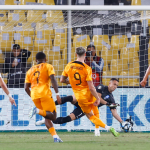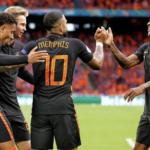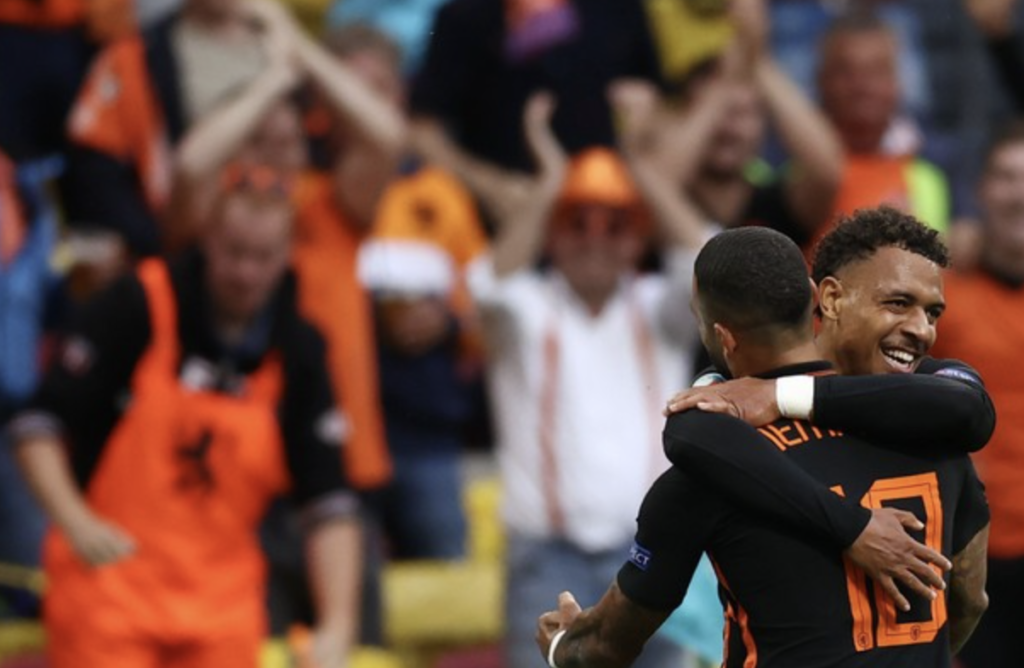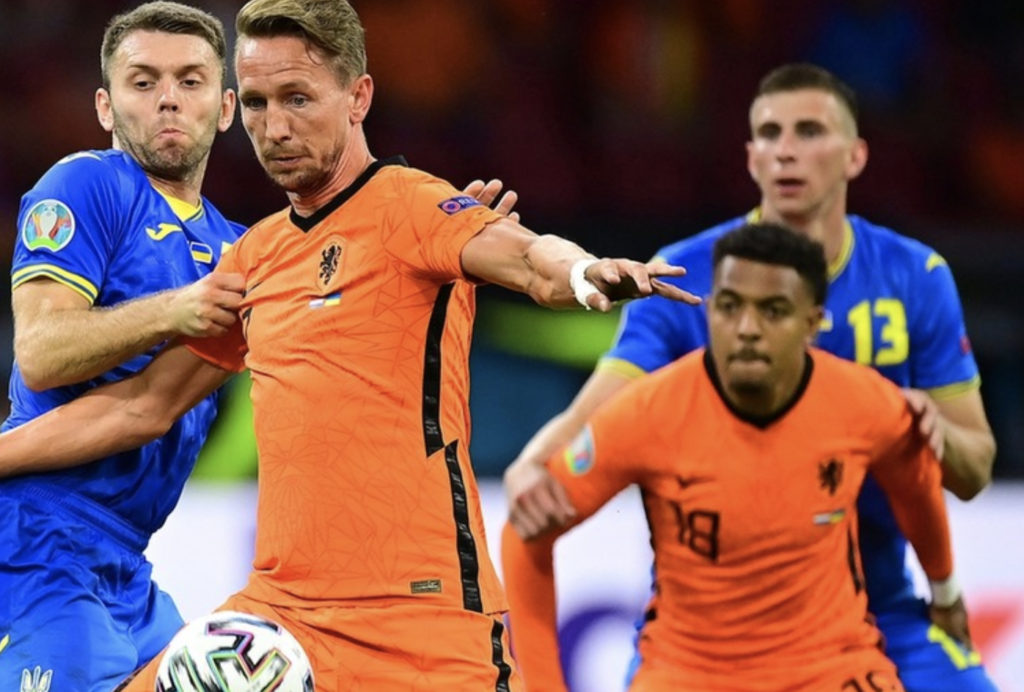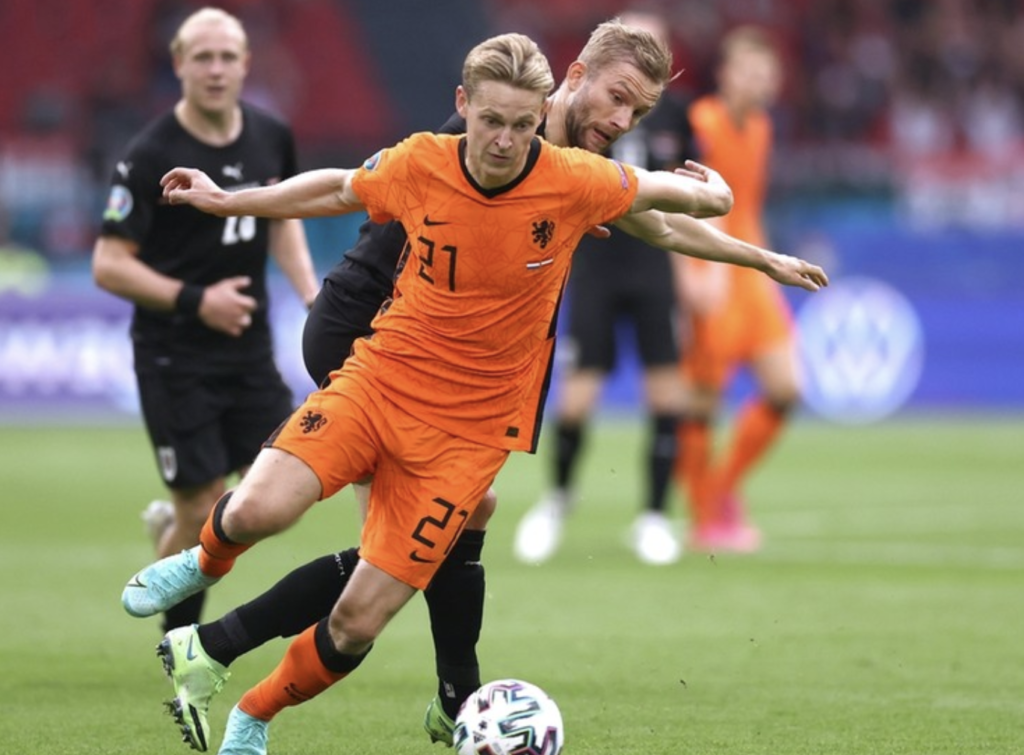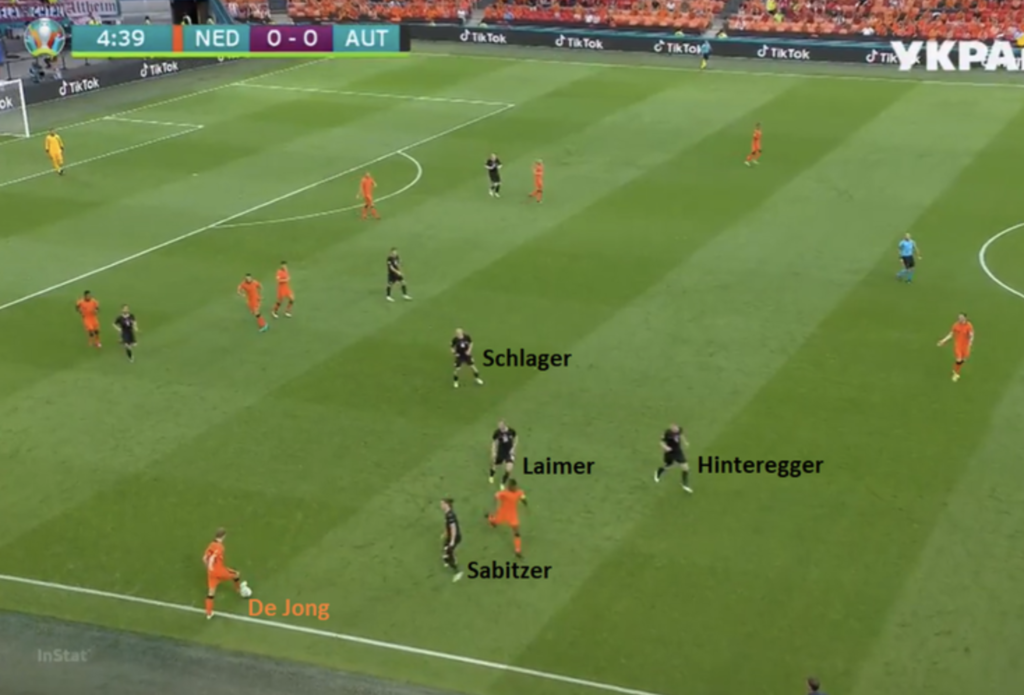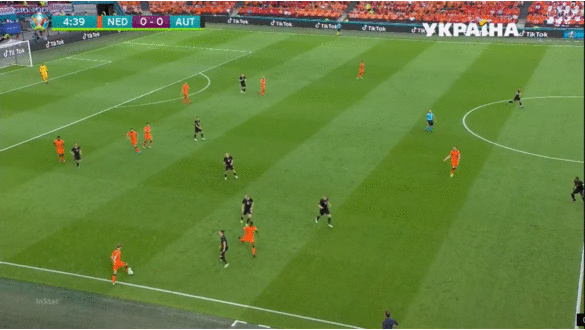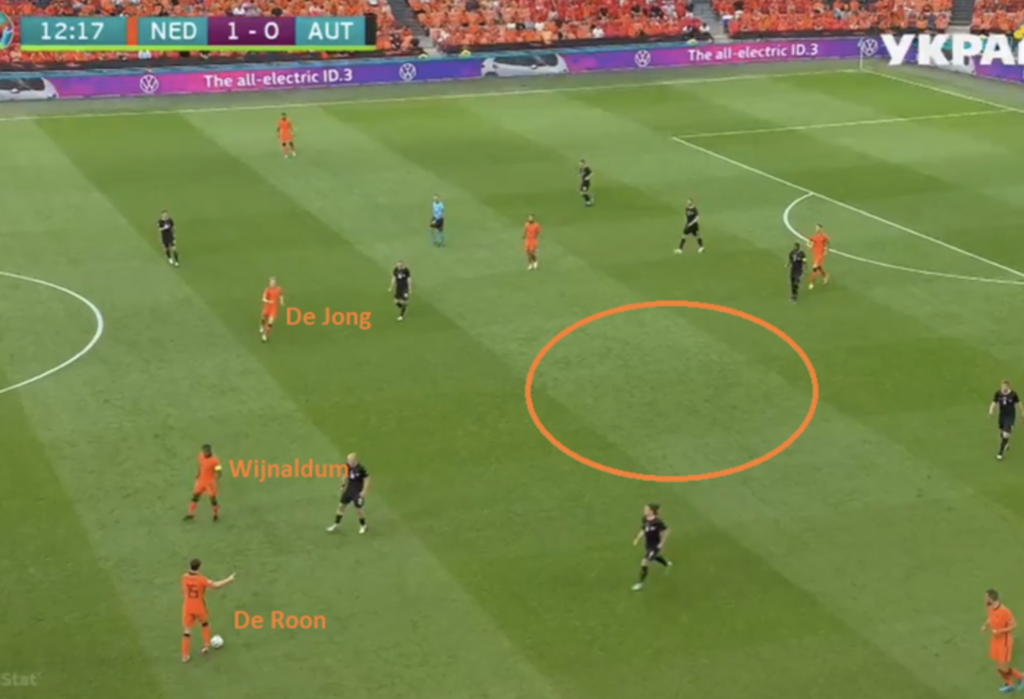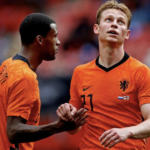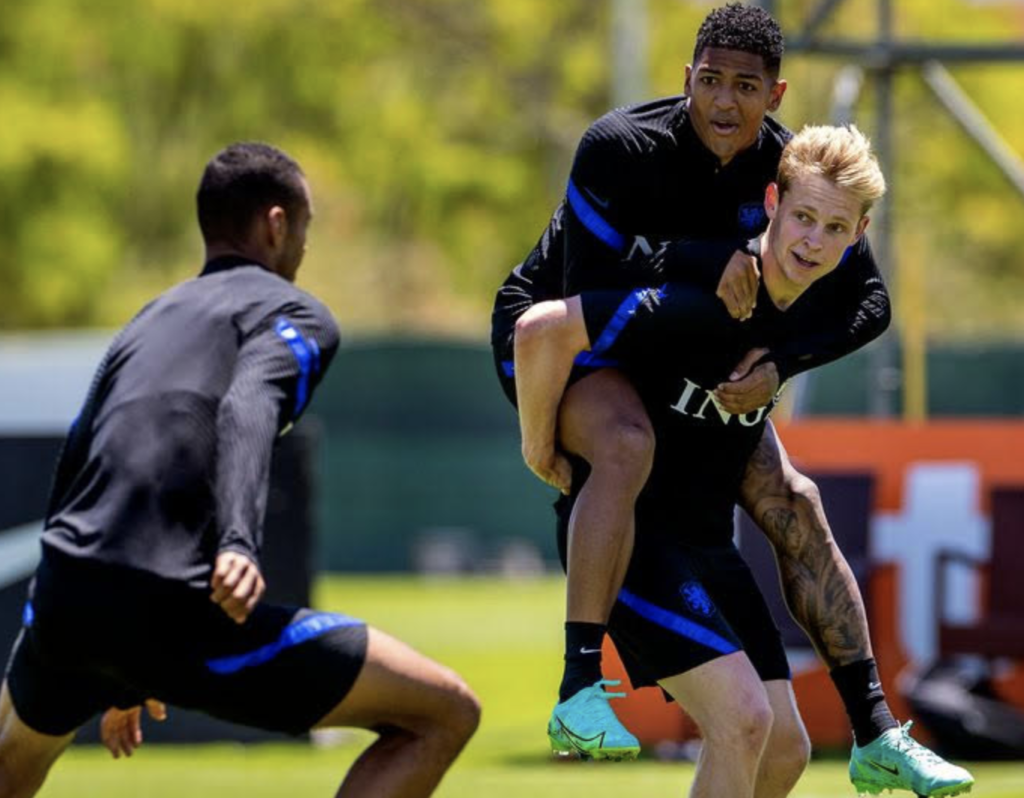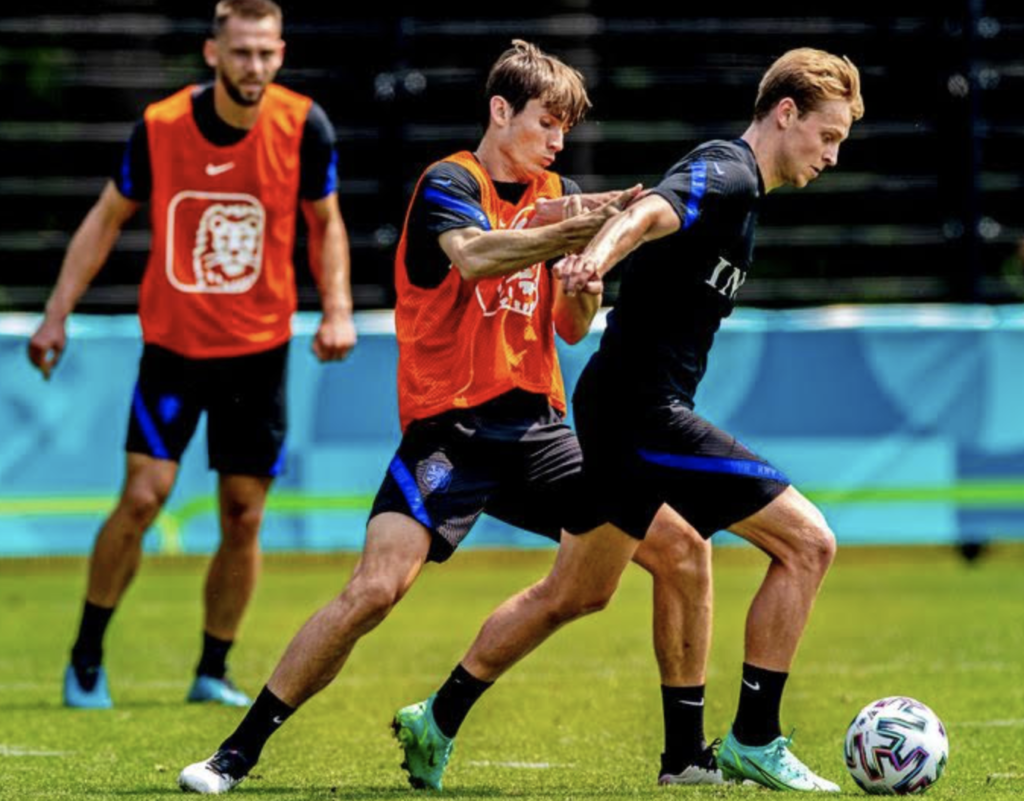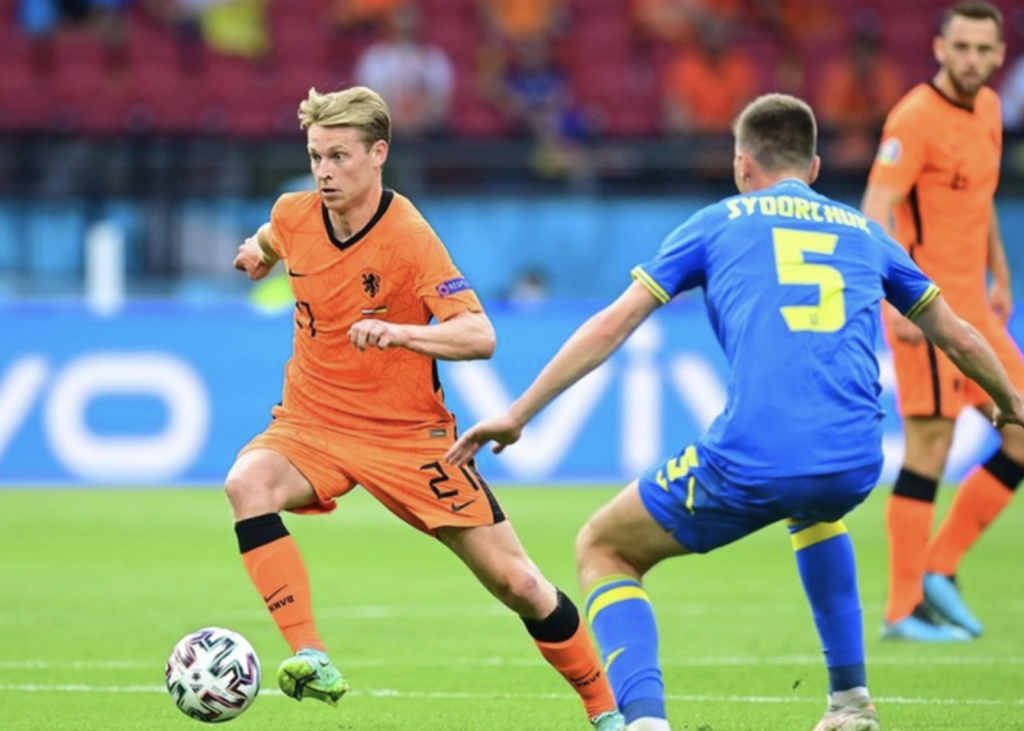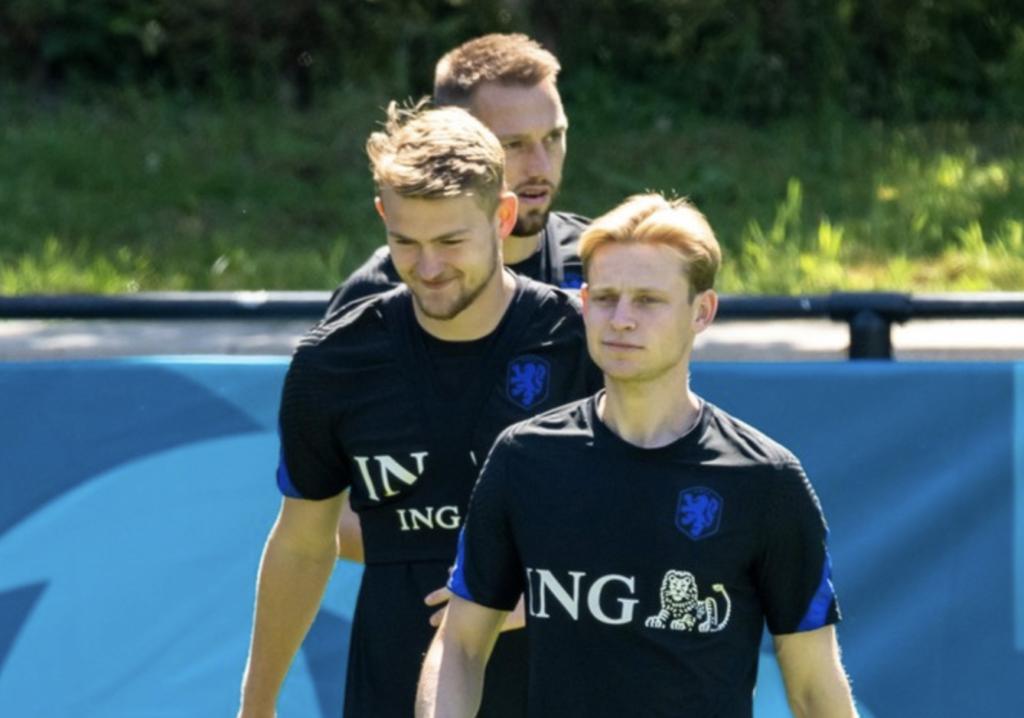The Dutch team won on Monday night thanks to Virgil van Dijk’s goal after a penalty kick in the final minutes of the match against Greece, but earlier in the match, Wout Weghorst had missed a penalty. The Dutch team’s numbers when it comes to taking penalties have been poor in recent years.
Since the start of the 2018 World Cup, the Dutch team has had seventeen penalties. This excludes penalty shootouts. Memphis Depay took the first 14 penalties and scored ten. Three Memphis Depay shots were saved and one shot hit the post.
Those who also took penalties for the Netherlands were Cody Gakpo, Wout Weghorst and Virgil van Dijk, only Wout Weghorst wasted. This means that the Netherlands converted twelve of the seventeen penalties, an average of 70%. Compared to other top teams, this is a low score. Only Spain has performed worse in the last five years.
It was impressive that Virgil van Dijk took the penalty against Greece because he had missed an important penalty in December. The defender failed in the World Cup against Argentina, in the quarter-finals.
For example, the Netherlands have scored poorly in recent years when it comes to penalties. For comparison purposes, from the beginning of this century until 2017, 27 of the 28 penalties were converted into goals. Only Ruud van Nistelrooij missed a shot in September 2005, in the game against Andorra.

